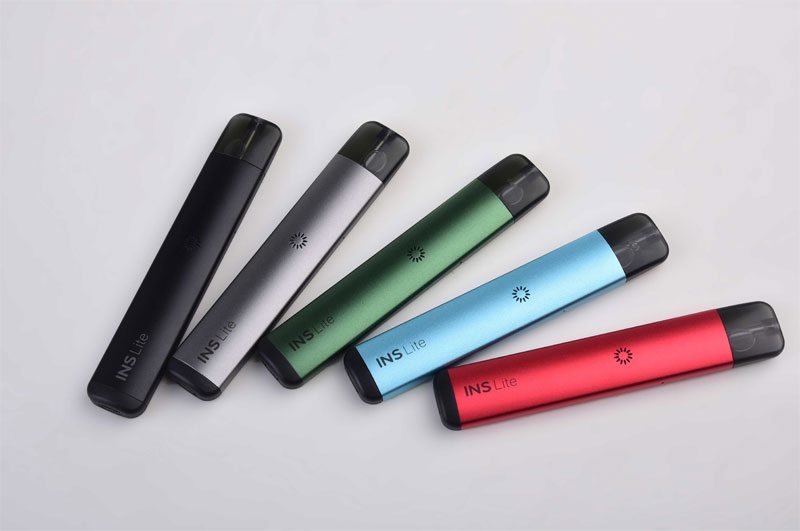Navigating the complex landscape of Turkey e-cigarette import regulations 2025 can be challenging for businesses and individuals looking to enter this promising market. The evolving nature of regulatory frameworks reflects Turkey’s commitment to public health and international trade standards. In order to successfully navigate these regulations, understanding key elements and potential changes expected in 2025 is crucial.

Regulatory Background
Turkey’s approach to e-cigarette import regulations has been multifaceted, focusing on health concerns, industry growth, and consumer safety. Over recent years, the Turkish government has implemented policies to control the import and sale of e-cigarettes, aligning with global trends in vaping regulation. In 2025, we anticipate further refinements to these regulations to enhance their efficacy and compliance with EU standards.
Key Components of the Current Regulations
- Import Restrictions: The import of e-cigarettes is heavily regulated, requiring specific trade licenses and quality certifications. This is integral to ensuring that imported products meet Turkish health standards.
- Health Warnings: Packages must include labels with health warnings, primarily in Turkish, to adequately inform consumers about potential risks.
- Age Restrictions: Sellers must verify the age of purchasers to prevent sales to minors, a mandate globally acknowledged and enforced.
- Advertising Limitations: Advertising e-cigarettes in a manner attractive to minors is strictly prohibited, echoing international advertising norms.
Predicted Changes for 2025
The upcoming changes in 2025 may include more stringent guidelines on nicotine concentrations and enhanced scrutiny on the importation of non-standardized products. As public health remains a priority, regulators might focus on the traceability of ingredients and manufacturing standards. Additionally, adjustments in taxation could shift, impacting the market dynamics.
Impact on Businesses
The anticipated regulatory changes present both challenges and opportunities for businesses engaged in the import of e-cigarettes. To remain competitive, companies will need to adapt by ensuring their products comply with new standards swiftly. Strategic partnerships with local distributors knowledgeable in the regulatory landscape may ease market entry.
Strategies for Compliance
Businesses must stay proactive and informed about evolving laws. Collaborating with legal experts in Turkish trade law will be vital. Regularly attending industry seminars and engaging with regulatory bodies can offer insights into impending changes. Leveraging technology for compliance tracking can also enhance efficiency.
Conclusion
The landscape of Turkey e-cigarette import regulations for 2025 forecasts significant shifts that stakeholders must prepare for. Staying informed and maintaining compliance are the keystones to thriving in this dynamic environment. As we approach 2025, focusing on quality, safety, and legal requirements will ensure both business success and consumer trust.
Frequently Asked Questions

- What are the primary challenges anticipated for e-cigarette importers in 2025?
- Revised regulations may introduce stricter controls on nicotine content and import procedures. Adaptation to these changes will be crucial for continued market viability.
- How can businesses prepare for the regulatory changes?
- Companies should seek to understand the regulations thoroughly, possibly consulting with legal experts, and establish partnerships with local distributors versed in Turkish regulations.
- Will taxation changes affect the profitability of e-cigarette businesses?
- Potential adjustments in taxation could influence price structures, affecting profit margins; thus, strategic financial planning will be essential.

